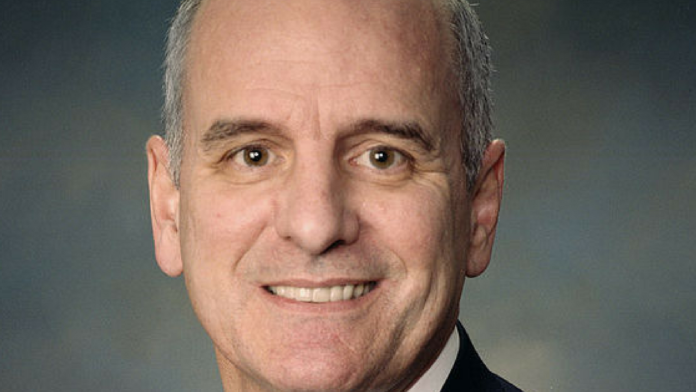ST. PAUL, Minn.- Gov. Mark Dayton and the Minnesota legislature met the court’s multiple demands, ordering them to find a mediator and for them to write a memorandum on the power of the court in deciding appropriations.
On the order of finding a mediator, Dayton and the Minnesota legislature have decided upon retired Hennepin County judge Rick Solum. A article by ‘The Journal’ gives a hint at Solum’s background as a mediator, as he mediated the settlement of the land sale for the Minnesota Twins stadium in 2007. On his decision in the amount the county would have to pay the landowner, Solum stated, “It had to be a number that neither one liked.”
While Solum has been described as apolitical by colleagues and himself, he has also at numerous times donated to the DFL, and has even donated to the Dayton campaign according to the Star Tribune. Mediation is a non-binding process and the legislature nor Dayton are required to implement the suggestions of Solum.
On Friday, Gov. Dayton and the Minnesota Legislature filed their reports on power of the judiciary in determining appropriations in the future. Dayton’s attorney, retired Minnesota Supreme Court Justice Samuel Hanson held to the position that the courts have shown their ability historically to issue appropriations when need be. Hanson cited past decisions by the court in 2001 and 2011 where the court “relied on [its] core funding mechanism to ensure continued operations despite an absence of appropriations.”
The argument is essentially that Dayton has the power to use the line item veto, while the courts have the ability to grant appropriations. While supporting the Supreme Court’s right to issue appropriations may seem counterintuitive to Dayton’s defunding of the legislature, this action is meant to support the idea that the existence of the legislature is not being threatened by Dayton’s line-item veto. Hanson holds that while the judiciary has the power to grant relief to the legislature, the legislature’s existence is not truly threatened.
The attorney for the legislature, Douglas Kelley, makes the argument that the governor’s line item veto was unconstitutional, not in the line item veto itself, but in the ends of its action. Kelley summarized by referencing case law, “Constitutional powers may not be used to ‘to accomplish an unconstitutional result.’” Kelley goes on to state that the judicial branch does not need to play a role in the appropriations, as simply declaring the governor’s line item veto as unconstitutional would grant the legislature the funding it needs.











